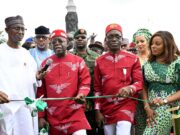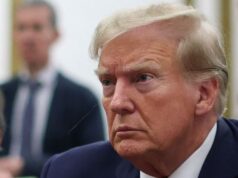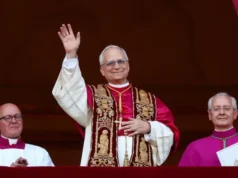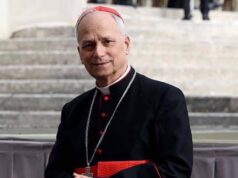The Economic Community of West African States (ECOWAS) has initiated steps to relocate its institutions and agencies from Mali, Niger, and Burkina Faso, following the formal withdrawal of the three countries from the regional body.
This move was discussed during an Extraordinary Session of the ECOWAS Council of Ministers held on Wednesday in Accra, Ghana.
The ministers focused on formulating logistical plans for the relocation, as well as suspending ongoing regional initiatives in the three countries, all now under military regimes.
The session, convened as a follow-up to a directive from the ECOWAS Authority of Heads of State and Government during its 66th Ordinary Session, was described by council chair and Nigeria’s Foreign Affairs Minister, Ambassador Yusuf Tuggar, as a sobering moment.
“This session is not one we had hoped for,” Tuggar acknowledged in his opening remarks.
“But in recognising the sovereignty of these nations under their current military governments, we must now adapt and chart a forward-looking path.”
A statement issued by Tuggar’s media aide, Alkasim Abdulkadir, confirmed that the council had been mandated to create a disengagement framework.
This includes the relocation of ECOWAS offices and mitigation strategies for programmes that will be affected by the withdrawal of the Sahelian states.
Discussions also focused on ensuring continuity in areas vital to the region, such as economic development, regional integration, security, and mobility.
Member states are expected to submit memoranda with concrete proposals for transferring ECOWAS activities to other host countries.
According to the council’s communiqué, “The council will examine the potential relocation of ECOWAS institutions and agencies currently based in Burkina Faso, Mali, and Niger, with an eye toward mitigating any disruptions caused by their exit.”
Despite the tense backdrop, Tuggar expressed confidence in the bloc’s resilience and its historical strength as a model of African sub-regional cooperation.
“While these developments are unprecedented, they also present an opportunity to renew and strengthen our resolve,” he said.
“Our unity has been tested before, and we emerged stronger. We will do so again.”

















